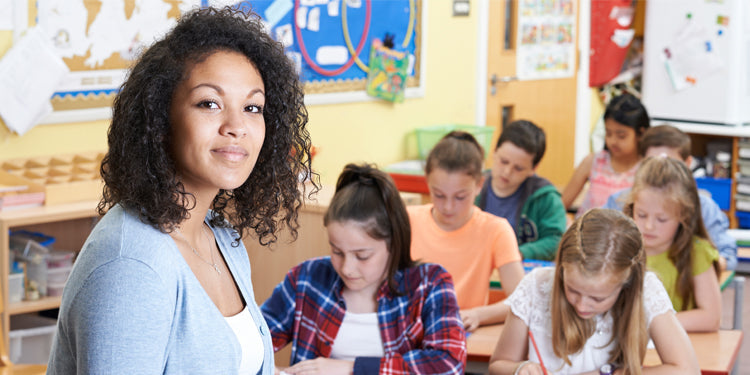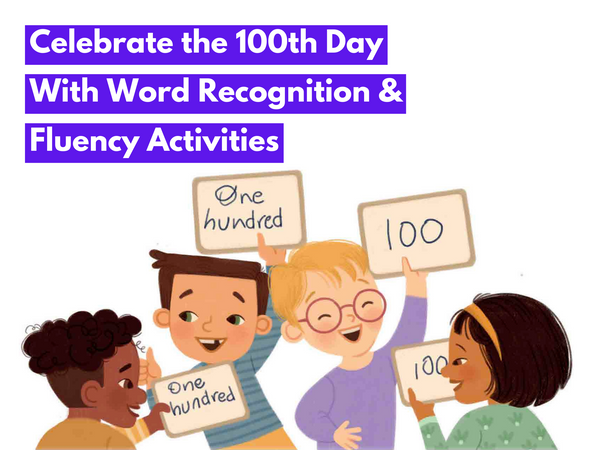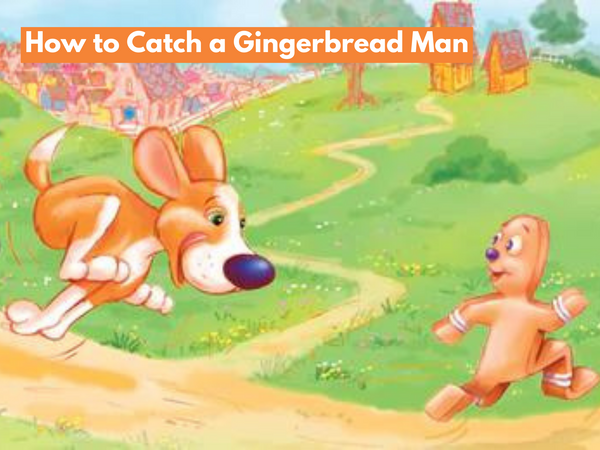 This is a guest post by Lyssa Sahadevan of Marietta, GA. She writes a blog called
My Mommy Reads
, which is
about motherhood and teaching-related topics.
This is a guest post by Lyssa Sahadevan of Marietta, GA. She writes a blog called
My Mommy Reads
, which is
about motherhood and teaching-related topics.
Readers ask themselves questions as they read to make sense of the text. When readers ask their own questions, the reader learns to search for answers and find deeper understanding. Asking questions while reading informational texts is just as important as when reading fiction. Here are three engaging ways to encourage asking questions with our earliest readers.
- Model, model, model! Use the projector or a big book to model asking questions before, during, and after you read a nonfiction book. Choose your book wisely as this lesson will anchor the others. One of my favorites is Lions by Alan Trussell-Cullen. It has beautiful pictures and the chapter headings happen to be questions.
- Keep it interactive! Make a large chart divided into three sections — before, during, and after. Place three sticky notes on each student’s desk. Explain that they will need them later. This will build excitement! During morning meeting or a transition time, show the cover of your next informational read aloud. Read the title and share the table of contents if applicable. Invite your students to write a question they have about the text. They may not have a question, and that’s OK. Repeat the process during your read aloud and after you read. You can spread it out over an entire day . . . if the sticky notes last.
- Bring it to their level! Use question cards to guide students during guided reading or small group time. I have included a freebie set I use in my classroom. I laminate and cut these so I can use them again and again with many levels. I have students who love animals ( Amazing Otters ) and some who want to know more about weather ( Wind .) These cards will work for many topics. I also print them 12 to a page so I can create bookmarks for my students to take with them as they read independently.
Asking questions supports retelling, monitoring for meaning, and making connections. Scaffolding our readers by modeling and keeping it engaging makes the journey a little more fun.
~~~
Lyssa Sahadevan is a first-grade teacher in Marietta, GA. She loves reader's and writer's workshop, is a former Teacher of the Year, and shares ideas at www.mymommyreads.com .
~~~
For more information on the books mentioned in this blog post, click the series highlights images on the left below or click these links to visit our webpages for the Kaleidoscope Collection or Fables and The Real World series. To download the questioning cards, click the image to the right.






